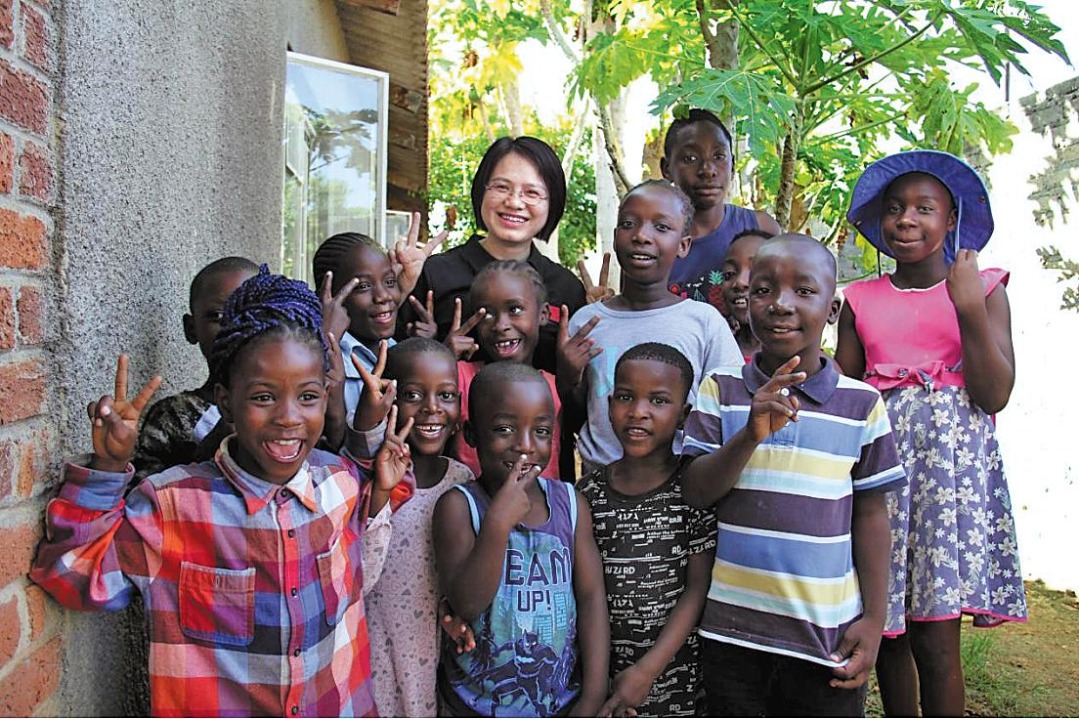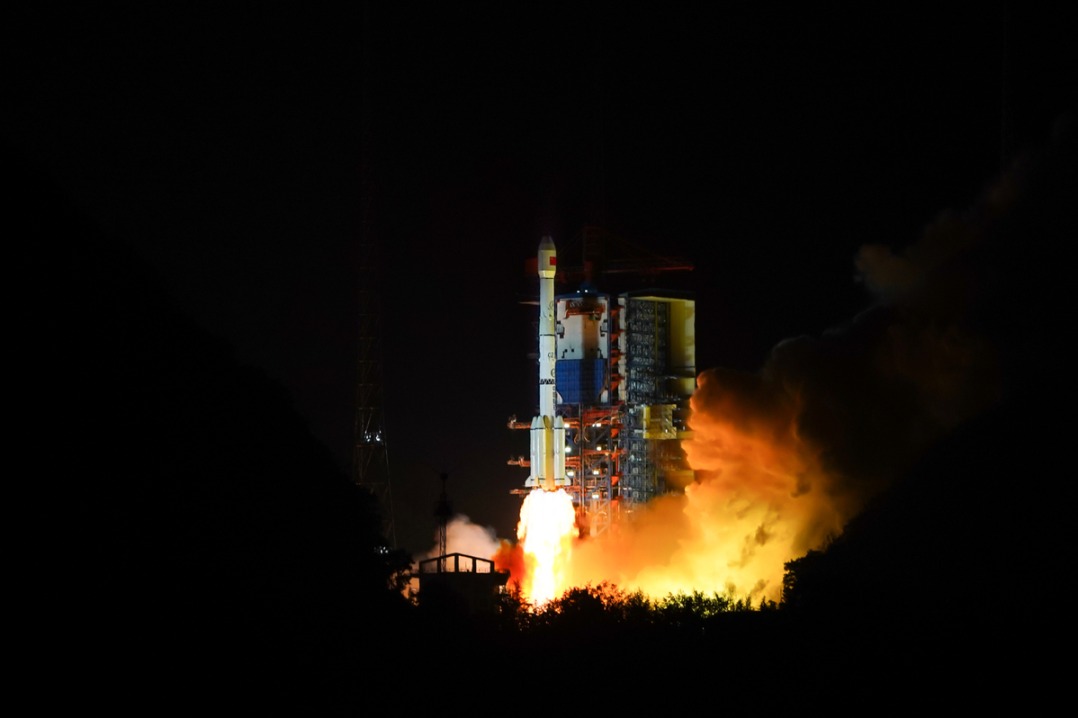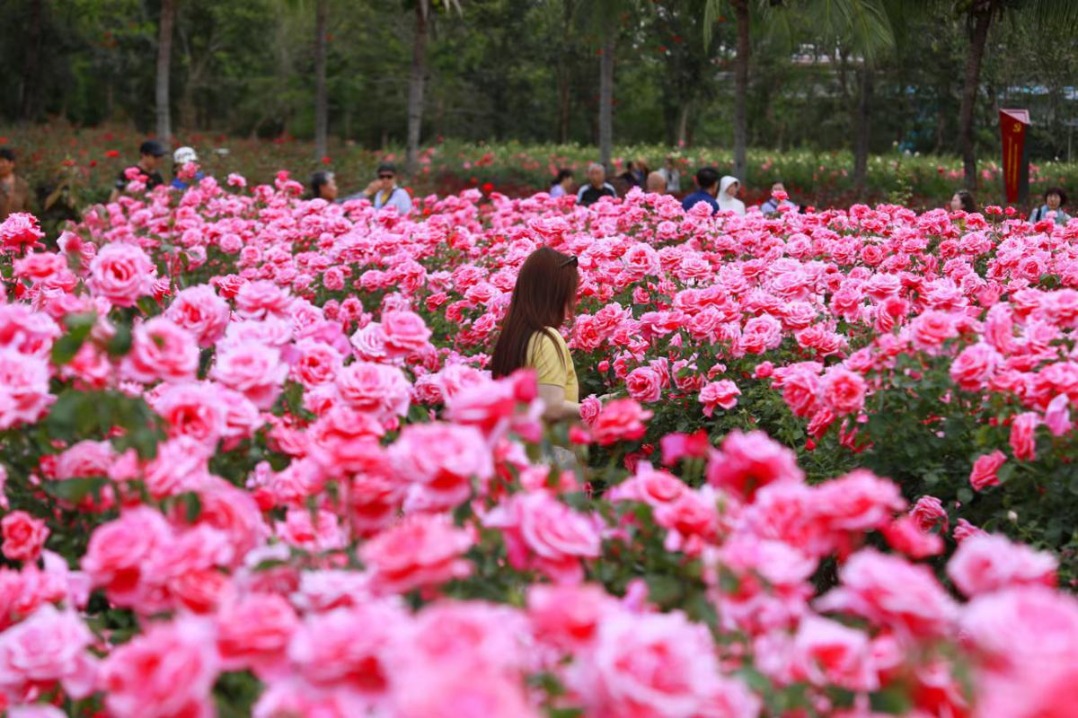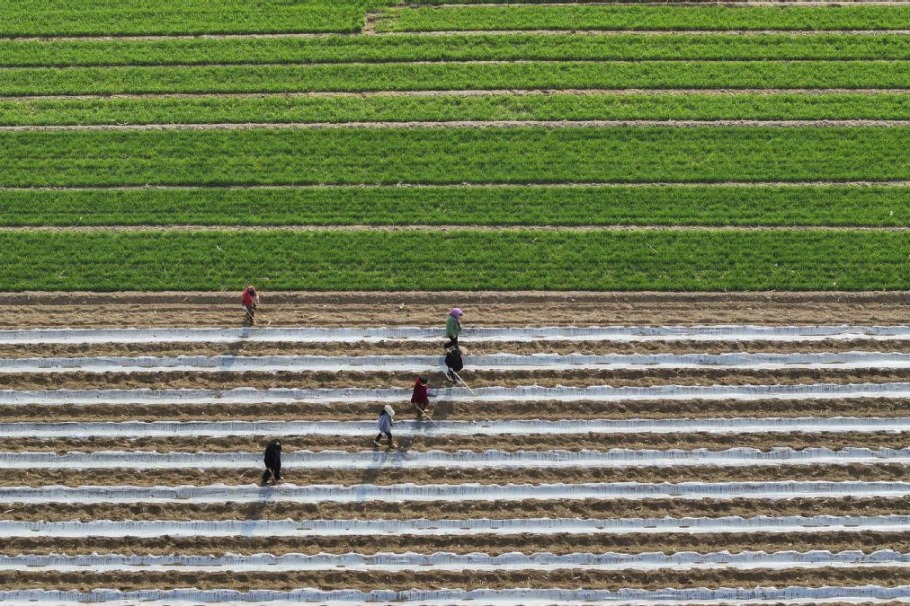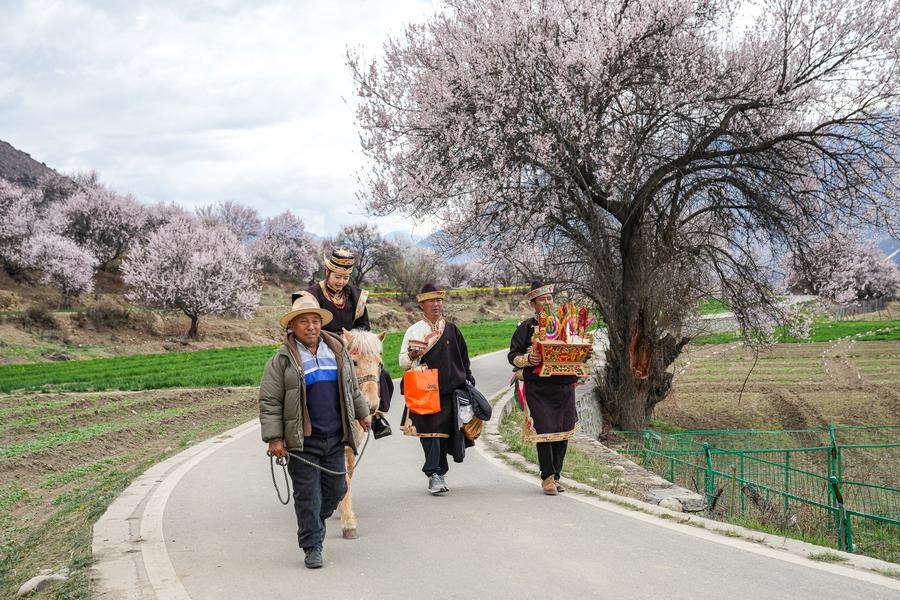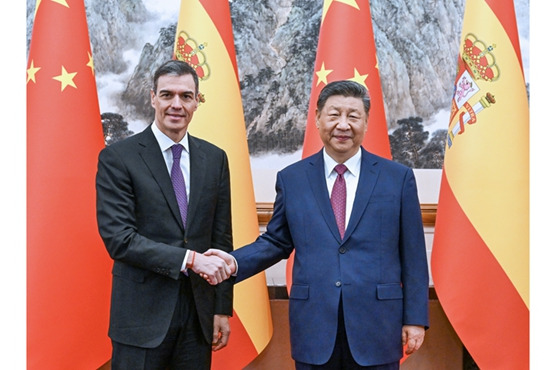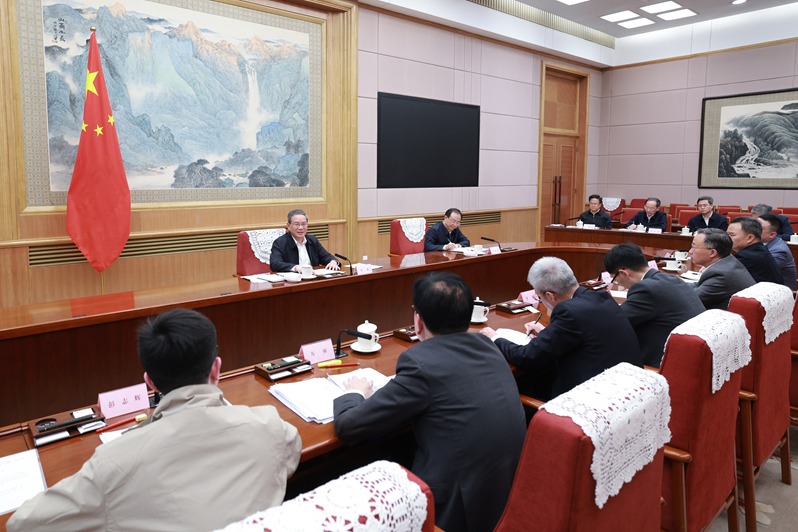Vaccine trial team overcame challenges

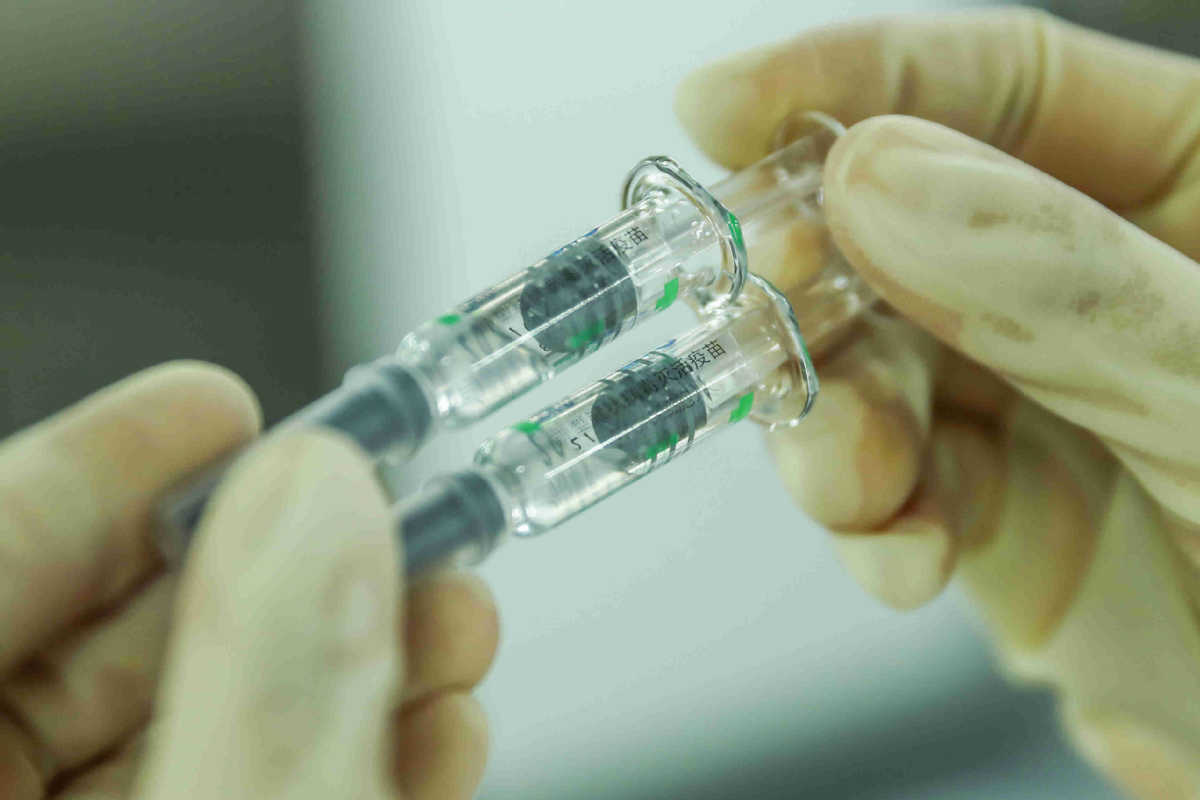
"I've participated in the campaign from the very beginning, and I am responsible for continuing the trial," she said.
Led by Zhu, Yang and her 28 team members, left for the UAE from Beijing on July 9. Yang said she felt sad when she saw the then-empty airport at departure.
"I had only one thought in my mind then, a strong sense of mission and a commitment to make the COVID-19 vaccine available to the public," she said. "It's not only for people's health, but to help them to get back normal life."
However, challenges awaited the squad when it arrived in Abu Dhabi, the UAE capital.
The first problem they faced there was the severe pandemic. Daily reported virus cases exceeded 1,000 at the time, posing a great risk to the team.
The sweltering weather was another issue. At that time, Yang's team members needed to travel back and forth between the airport and cold storage to preserve vaccines being flown in. The temperature difference was as high as 40 to 50 C, threatening their physical performance.
"We didn't even bring warm clothes with us, so we had to buy coats at local malls. Some of my colleagues asked our domestic peers to mail clothes," Yang said.
The cuisine was another obstacle. The squad members didn't care for the regional food, which consisted of olives and porridge-like dishes, so they mainly ate chili sauce and instant noodles they had brought with them.
Furthermore, their endured difficult work schedules.
"We didn't have any days off during the trial," Yang said. "We worked more than 12 hours a day, and it was common to stay up all night. We had to get used to eating lunch at 4 pm and getting back to our encampment at 1 am. When we felt we were going to pass out, we would usually take short naps before getting up to continue the work."
The team members overcame their problems with patience and tenacity, and their hard work eventually paid off. After working for 186 days in the UAE, they got the data they needed from the phase 3 trial to prove the COVID-19 vaccine was safe and effective.
The inactivated vaccine developed by CNBG was granted conditional approval by the National Medical Products Administration in late December. The squad returned to China shortly afterward without anyone being infected by the virus.
- China renews several alerts for gales, sandstorms, blizzards
- China, Vietnam to conduct joint patrol in Beibu Gulf
- Tradition, tea, and tomorrow: Xi's stories with Vietnam
- Governor of Shanxi under probe
- Beijing handles over 800 fallen trees due to strong winds
- Beijing airport cancels over 400 flights due to strong winds

















